Ivory Coast reels from surge of homophobic attacks fuelled by online influencers
Once considered a safe haven, West African nation's LGBTQ+ citizens says they are now afraid to be seen in public
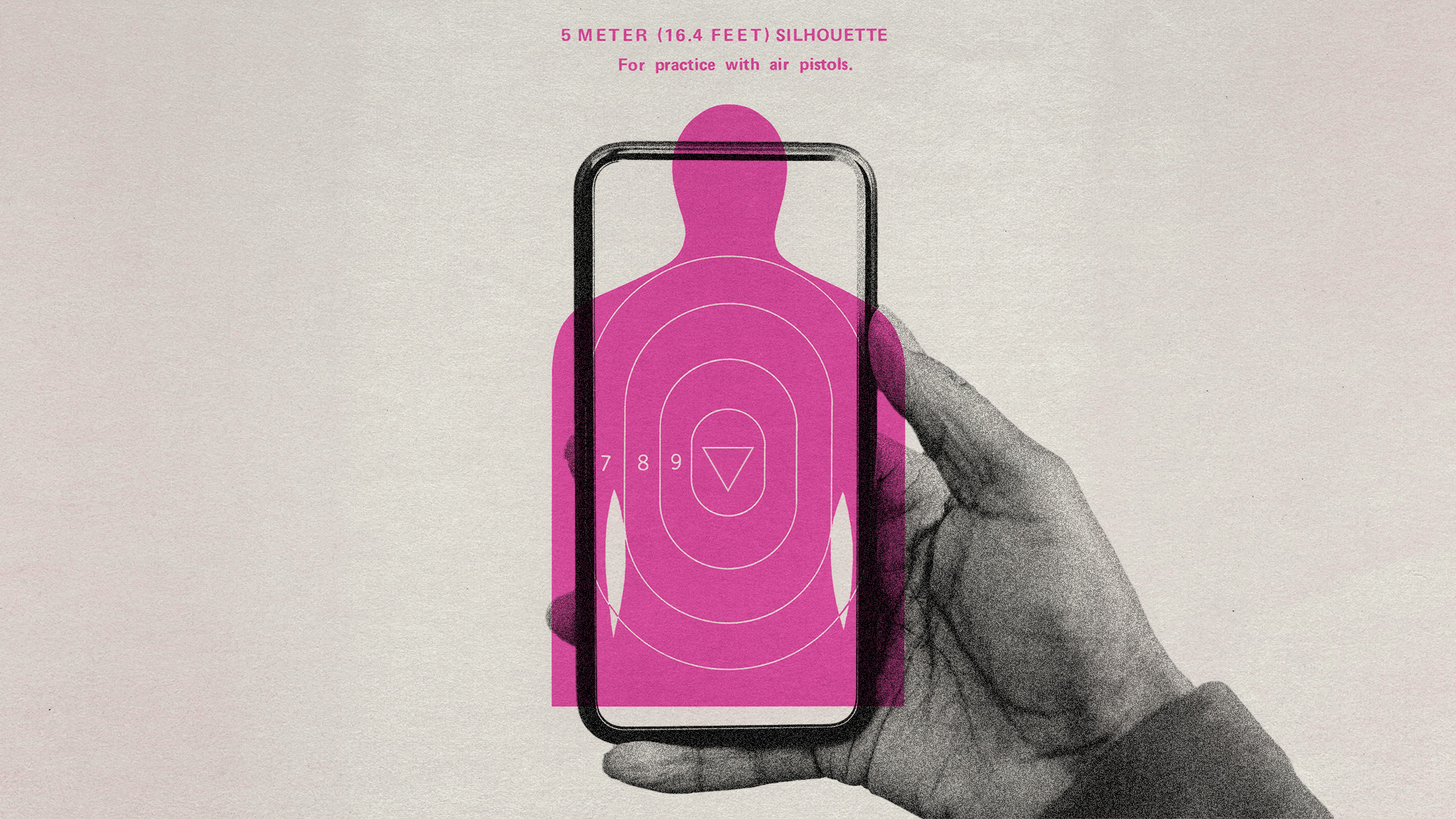
A free daily email with the biggest news stories of the day – and the best features from TheWeek.com
You are now subscribed
Your newsletter sign-up was successful
Ivory Coast has traditionally been a safe haven for LGBTQ+ communities in West Africa, but a recent surge in homophobic attacks fuelled by social media has "shaken that sense of safety", said Elian Peltier in The New York Times.
Since September, there have been more than 45 assaults on gay men and transgender people in its largest city, Abidjan. In one incident in Yopougon, a working-class neighbourhood in Abidjan, a mob targeted a beauty salon run by transgender women. A broader rise in homophobia was on display during this September's Africa Cup of Nations qualifiers when several groups of Ivory Coast fans unfurled banners bearing homophobic messages and slogans including "No to woubi", a derogatory term for gay men.
The spike in homophobia and homophobic violence has led Ivorian gay communities and human rights groups to express concerns that the hostility could endanger the country's reputation for comparative tolerance.
The Week
Escape your echo chamber. Get the facts behind the news, plus analysis from multiple perspectives.

Sign up for The Week's Free Newsletters
From our morning news briefing to a weekly Good News Newsletter, get the best of The Week delivered directly to your inbox.
From our morning news briefing to a weekly Good News Newsletter, get the best of The Week delivered directly to your inbox.
Anti-gay 'hunts'
The recent flare-up of violence appears to have been linked to homophobic rhetoric by high-profile social media influencers. Ibrahim Zigui, who has over 230,000 followers on TikTok "stoked the flames" by posting criticism of the "overexposure" of gay people in Ivory Coast, said Entrevue. Another TikToker, Camille Makosso, made several posts encouraging followers to "hunt" gay men and "stop the plague of woubisme and the advances of Aids in Ivory Coast". In fact, the United Nations has reported a steady decrease in new HIV infections in the country, with primary transmission occurring from heterosexual contact.
"LGBTQ+ people in Abidjan have stopped meeting in public and go out only at night", wrote Peltier, citing testimonials gathered by human rights organisations in Ivory Coast. Brice Donald Dibahi, founder of Ivorian LGBTQ+ nonprofit Gromo, told AFP there "has always been homophobia, whether in the street or on social media, but I have never seen this type of escalation". A transgender woman who runs a pro-transgender human rights group in Abidjan said she had been forced to shut down the organisation's headquarters, fearing "a movement of this magnitude".
Government is 'neutral'
Same-sex orientation is "neither legal nor illegal in Ivory Coast", a nation that "takes pride in its culture of hospitality", said Peltier.
The country's official stance on sexual orientation continues to be a matter of contentious debate. In 2021, the US State Department's global Human Rights Report noted that while "homosexuality is not criminalised" in Ivory Coast "the law does not prohibit discrimination based on sexual orientation". And even as the country's National Human Rights Council condemned violence and said it "firmly believed" in the protection of LGBTQ+ rights, it also asked the gay community to "avoid any behaviour that could be perceived as provocative or ostentatious", said AFP.
A free daily email with the biggest news stories of the day – and the best features from TheWeek.com
Homosexuality is currently illegal in 30 out of 54 African nations, with Ghana, Ivory Coast's neighbour, recently announcing some of the harshest anti-gay laws in the world. Earlier this year, the "ripple effects of conservative Africa" were seen in Ivory Coast after the country decided to split from the United Methodist Church, following its decision to repeal a longstanding ban on LGBTQ+ clergy, said AP. With the 2025 presidential election on the horizon, political analysts and rights groups, said Peltier, "now fear that a candidate or a foreign power could stoke homophobic hatred to garner support during the campaign".
-
 How the FCC’s ‘equal time’ rule works
How the FCC’s ‘equal time’ rule worksIn the Spotlight The law is at the heart of the Colbert-CBS conflict
-
 What is the endgame in the DHS shutdown?
What is the endgame in the DHS shutdown?Today’s Big Question Democrats want to rein in ICE’s immigration crackdown
-
 ‘Poor time management isn’t just an inconvenience’
‘Poor time management isn’t just an inconvenience’Instant Opinion Opinion, comment and editorials of the day
-
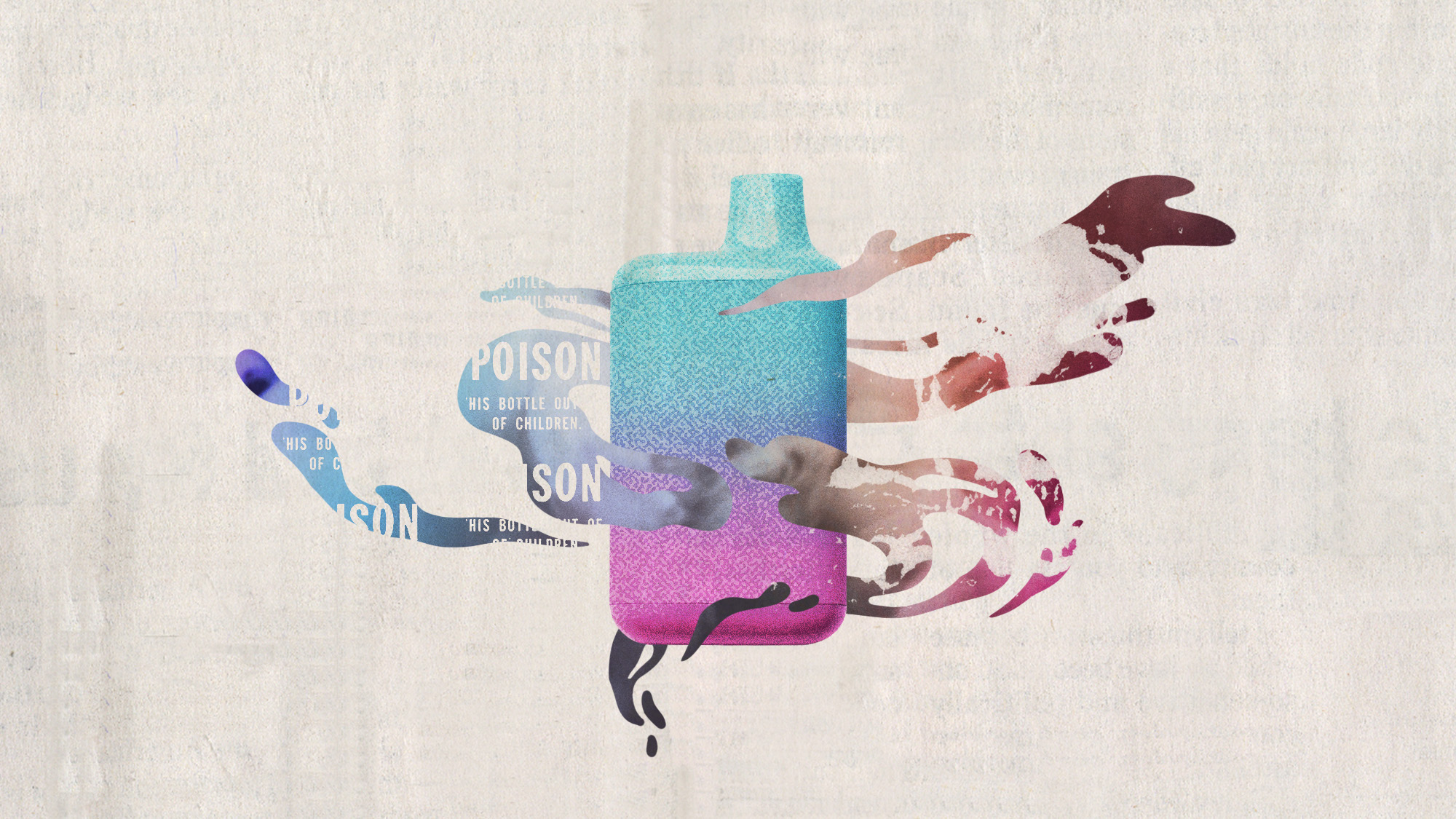 Mexico’s vape ban has led to a cartel-controlled black market
Mexico’s vape ban has led to a cartel-controlled black marketUnder the Radar Cartels have expanded their power over the sale of illicit tobacco
-
 Grok in the crosshairs as EU launches deepfake porn probe
Grok in the crosshairs as EU launches deepfake porn probeIN THE SPOTLIGHT The European Union has officially begun investigating Elon Musk’s proprietary AI, as regulators zero in on Grok’s porn problem and its impact continent-wide
-
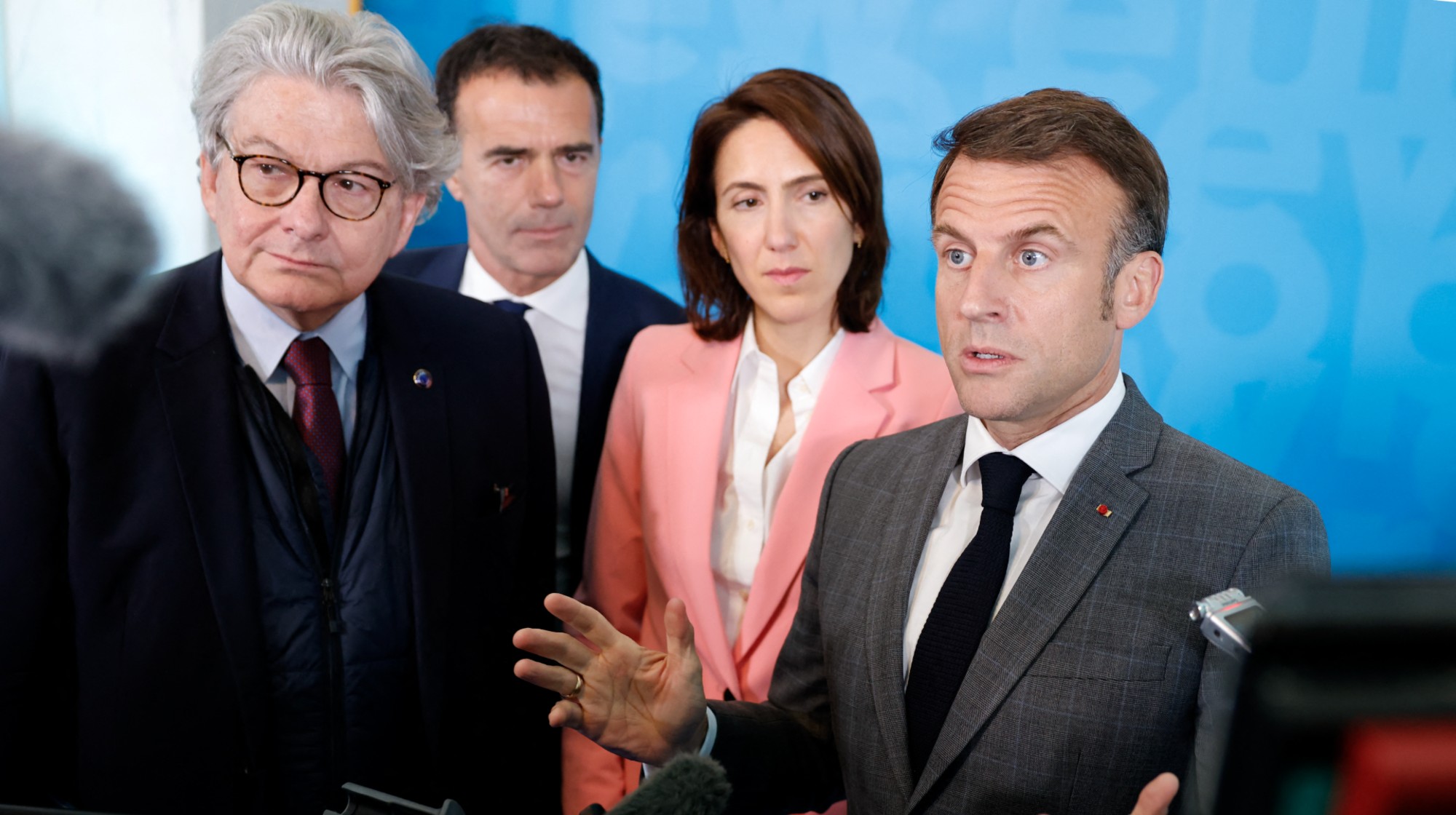 Shots fired in the US-EU war over digital censorship
Shots fired in the US-EU war over digital censorshipIN THE SPOTLIGHT The Trump administration risks opening a dangerous new front in the battle of real-world consequences for online action
-
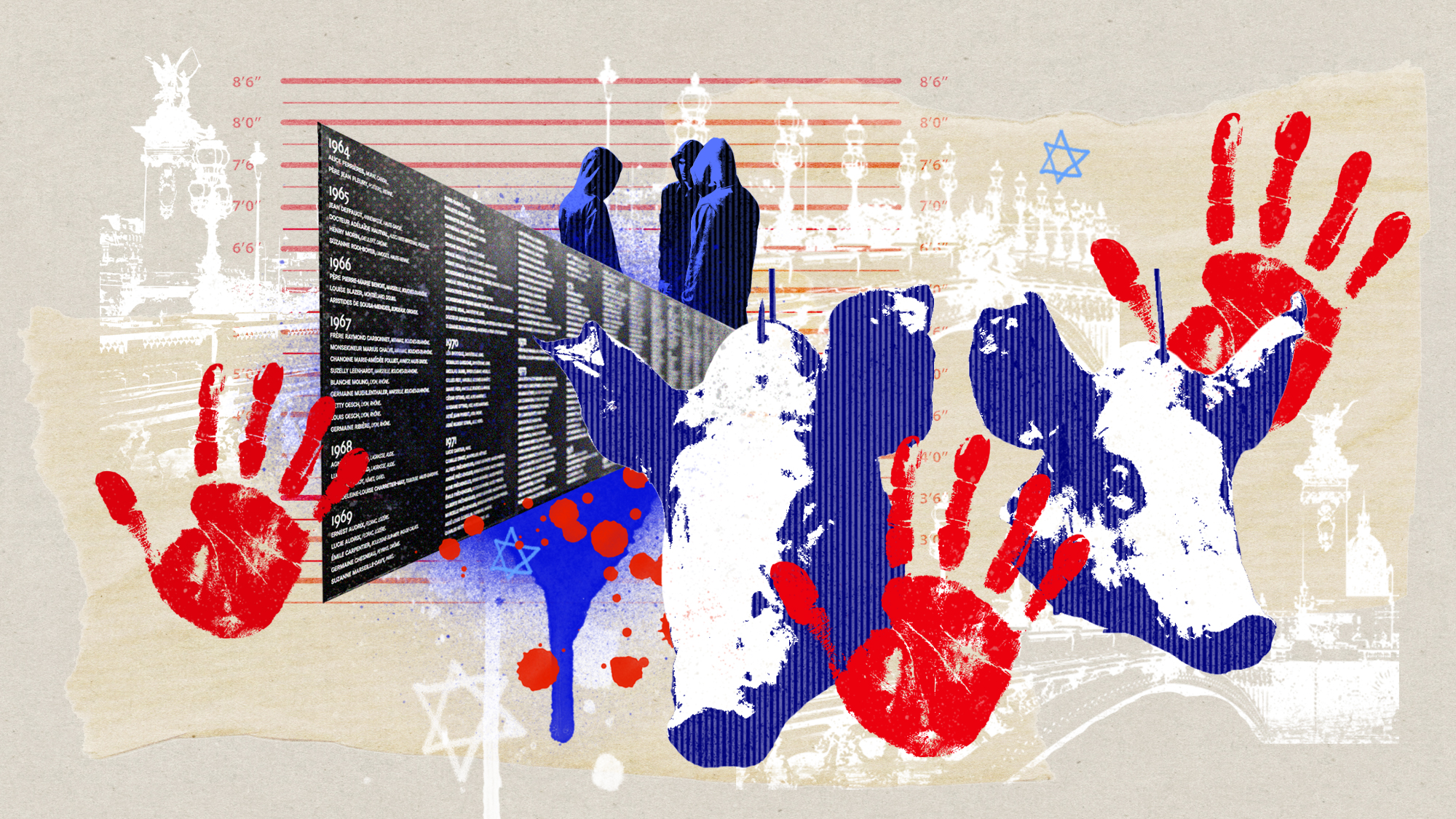 France’s ‘red hands’ trial highlights alleged Russian disruption operations
France’s ‘red hands’ trial highlights alleged Russian disruption operationsUNDER THE RADAR Attacks on religious and cultural institutions around France have authorities worried about Moscow’s effort to sow chaos in one of Europe’s political centers
-
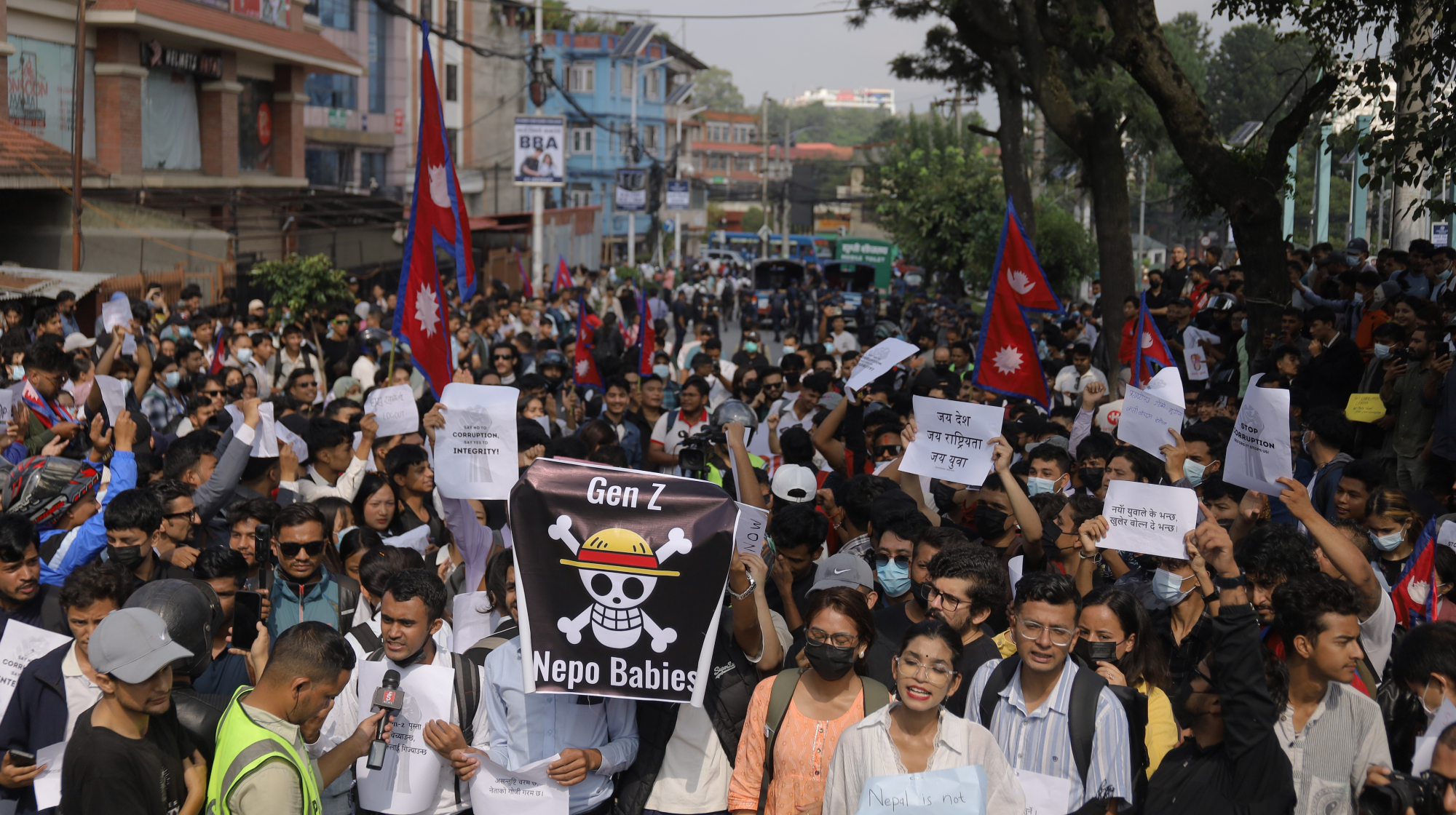 Why Gen Z in Nepal is dying over a state social media ban
Why Gen Z in Nepal is dying over a state social media banIN THE SPOTLIGHT A crackdown on digital platforms has pushed younger Nepalis into increasingly violent clashes with government forces
-
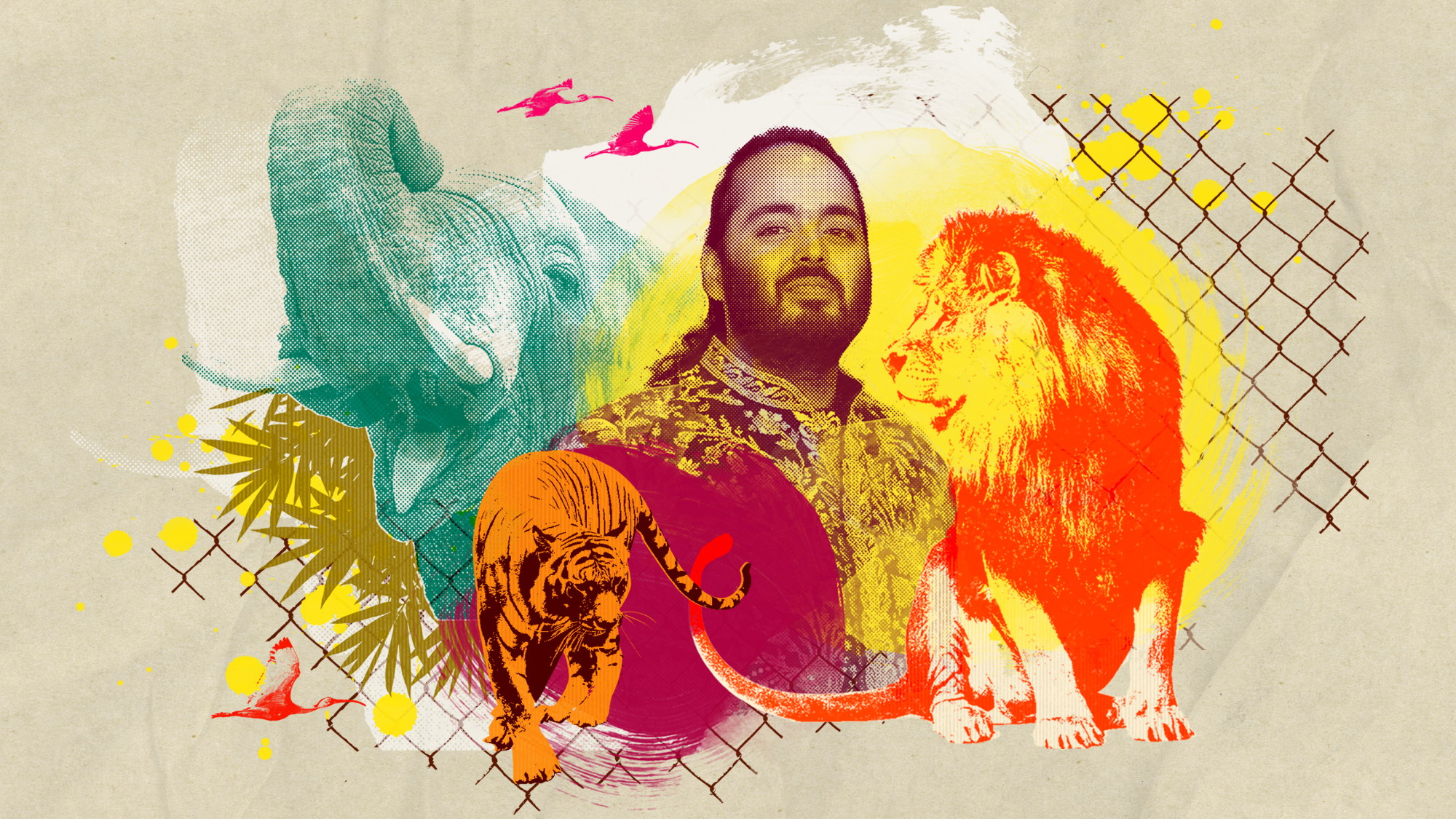 A private zoo run by Asia's richest family is facing criticism and investigations
A private zoo run by Asia's richest family is facing criticism and investigationsUnder the radar The zoo is owned by Anant Ambani, the son of Asia's richest person
-
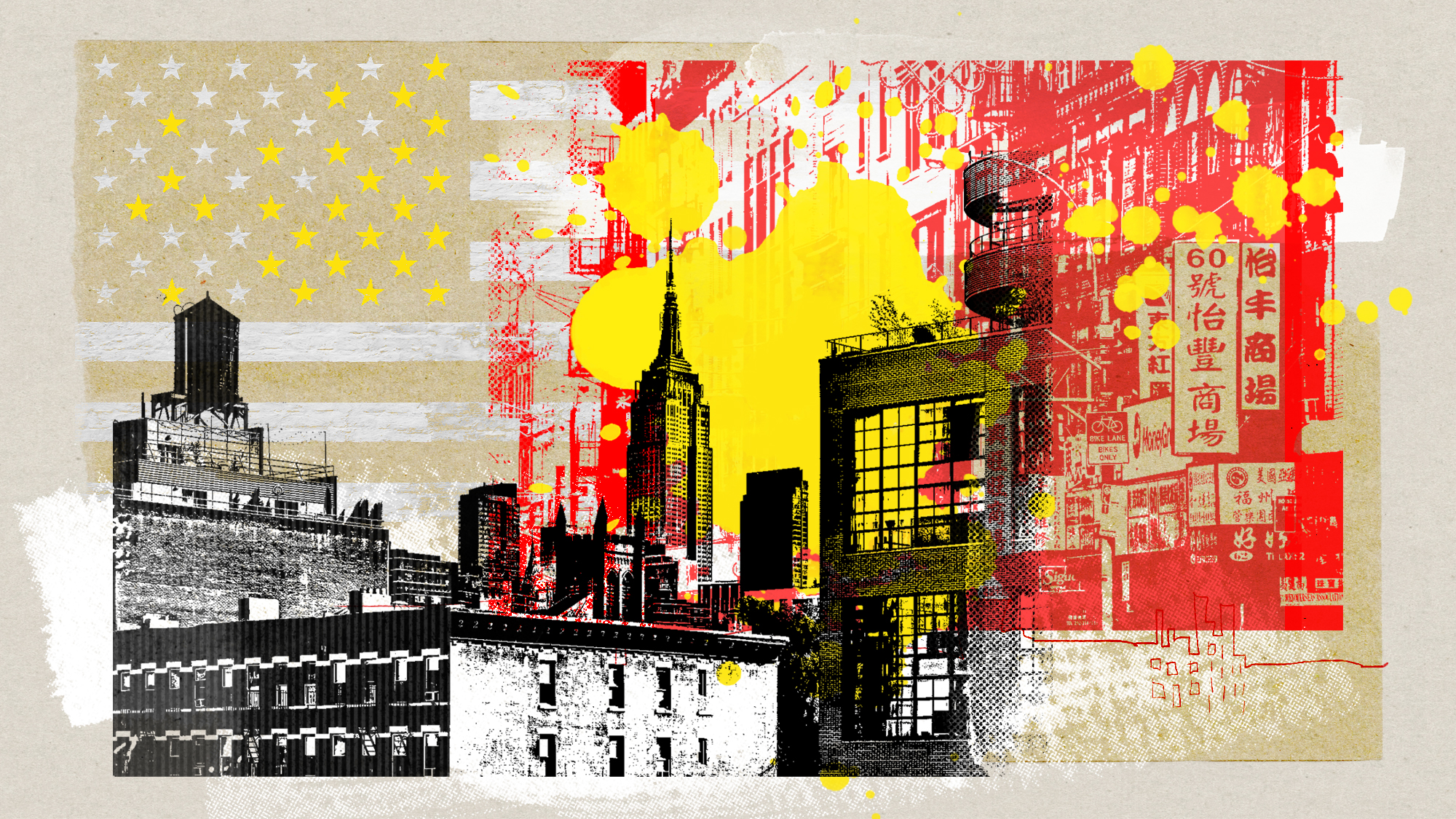 China is silently expanding its influence in American cities
China is silently expanding its influence in American citiesUnder the Radar New York City and San Francisco, among others, have reportedly been targeted
-
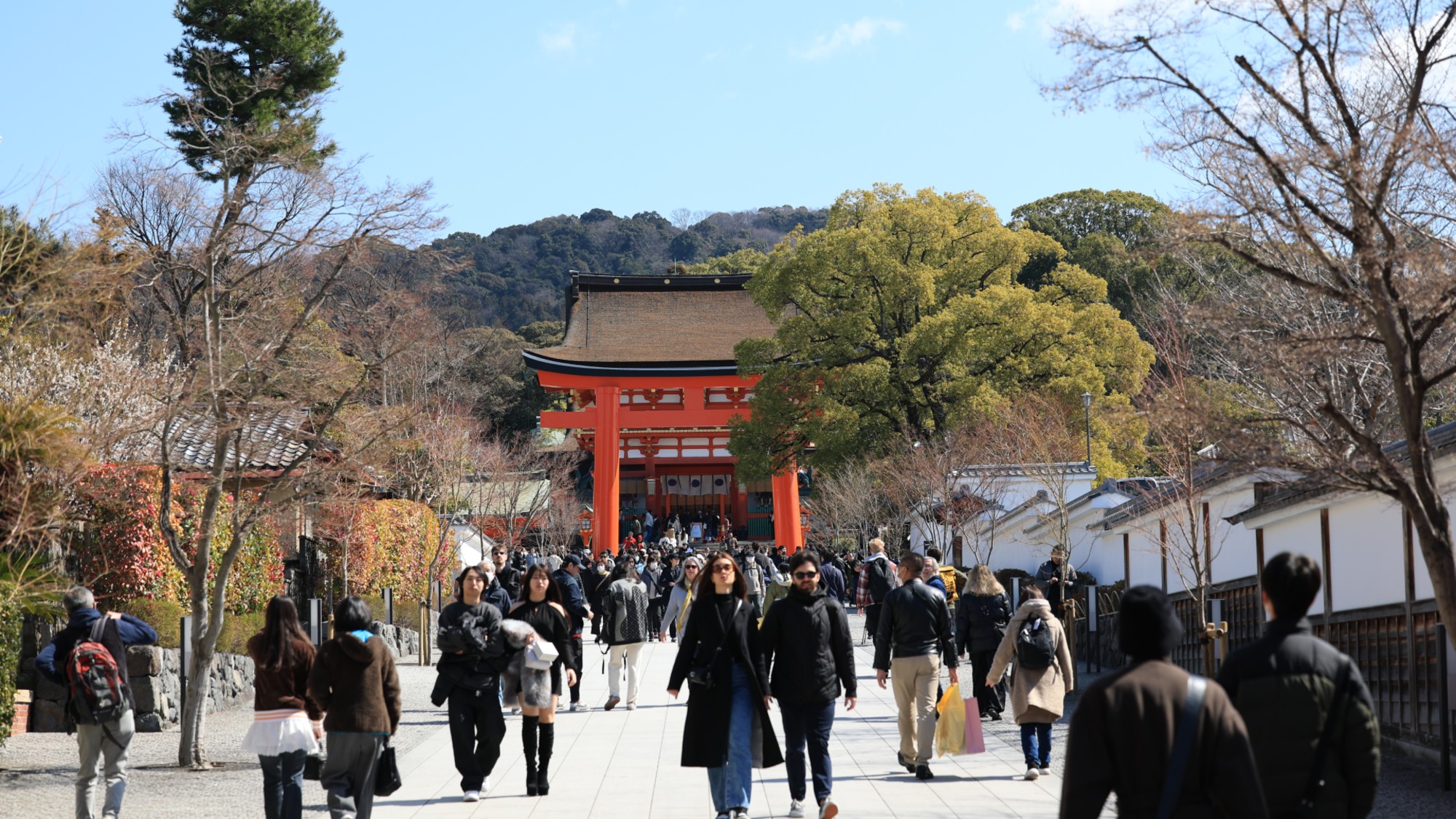 A manga predicting a natural disaster is affecting tourism to Japan
A manga predicting a natural disaster is affecting tourism to JapanUnder the Radar The 1999 book originally warned of a disaster that would befall Japan in 2011 — a prophecy that came true